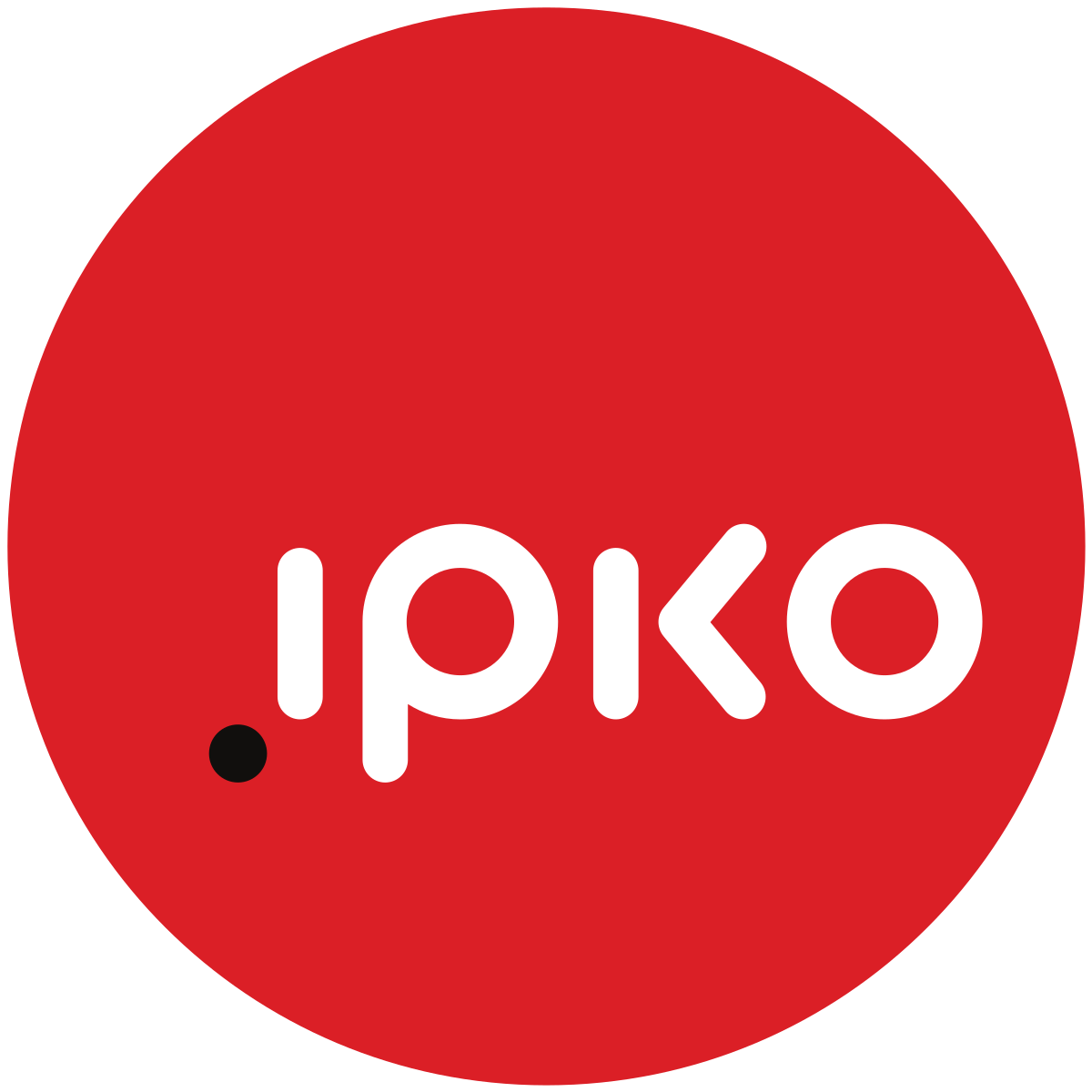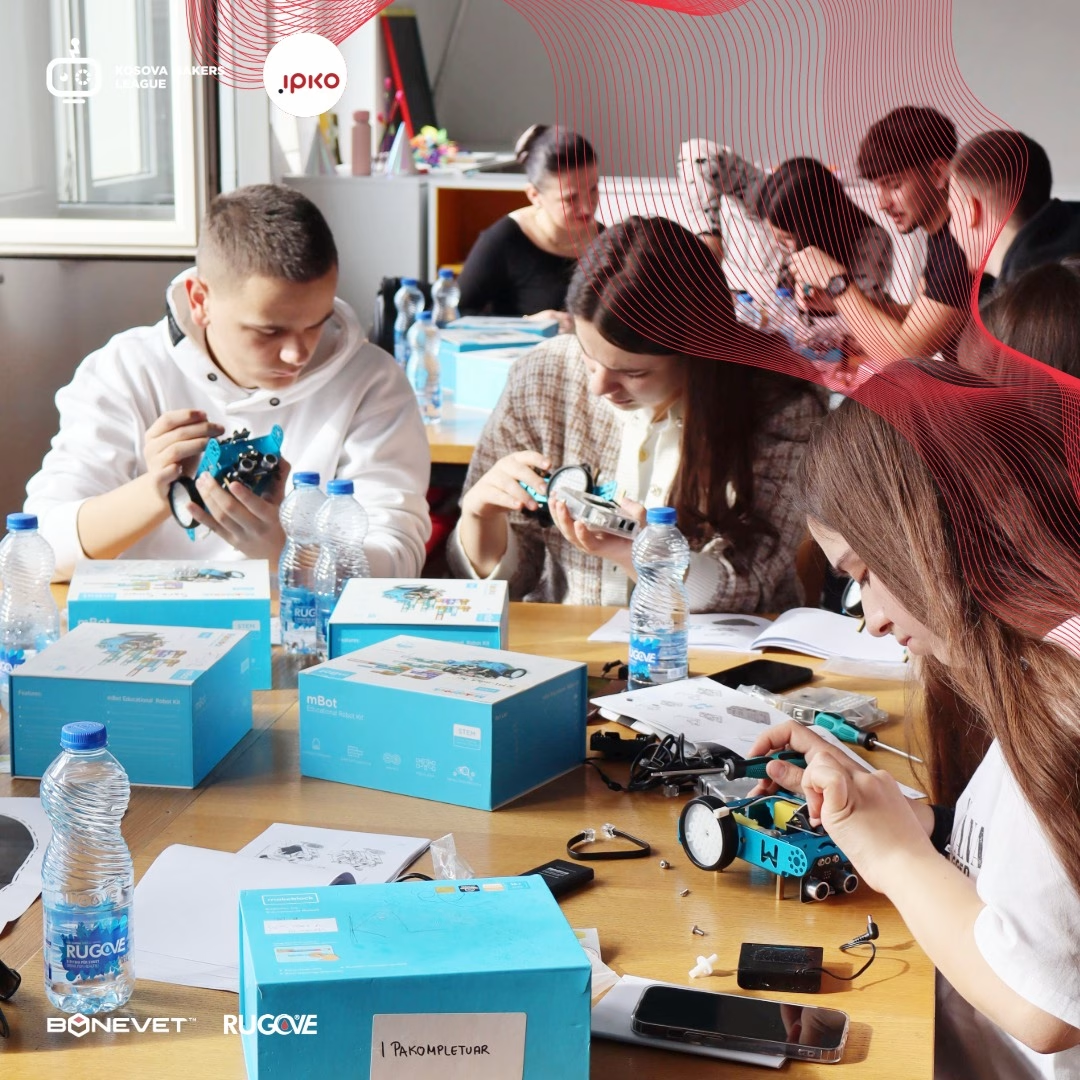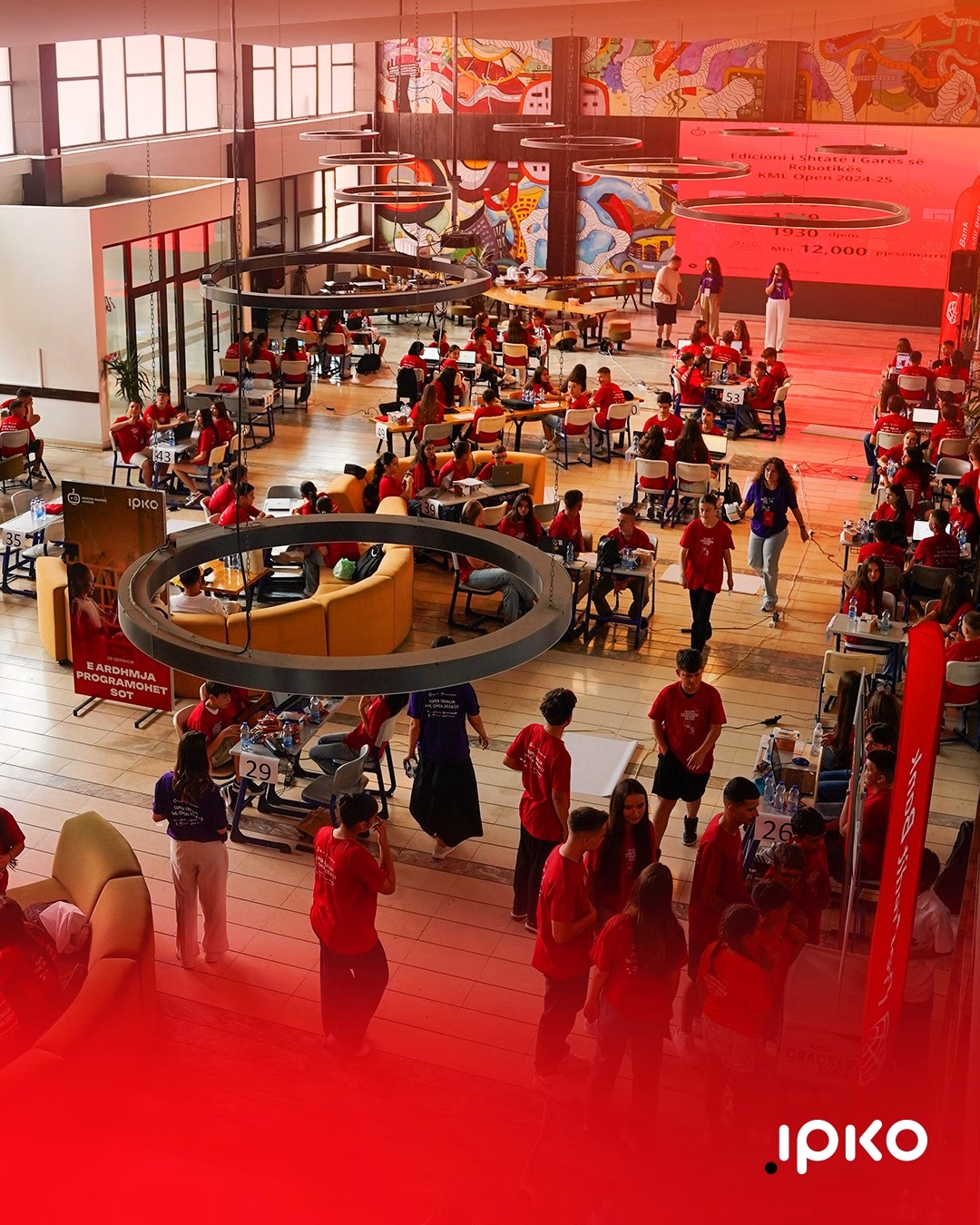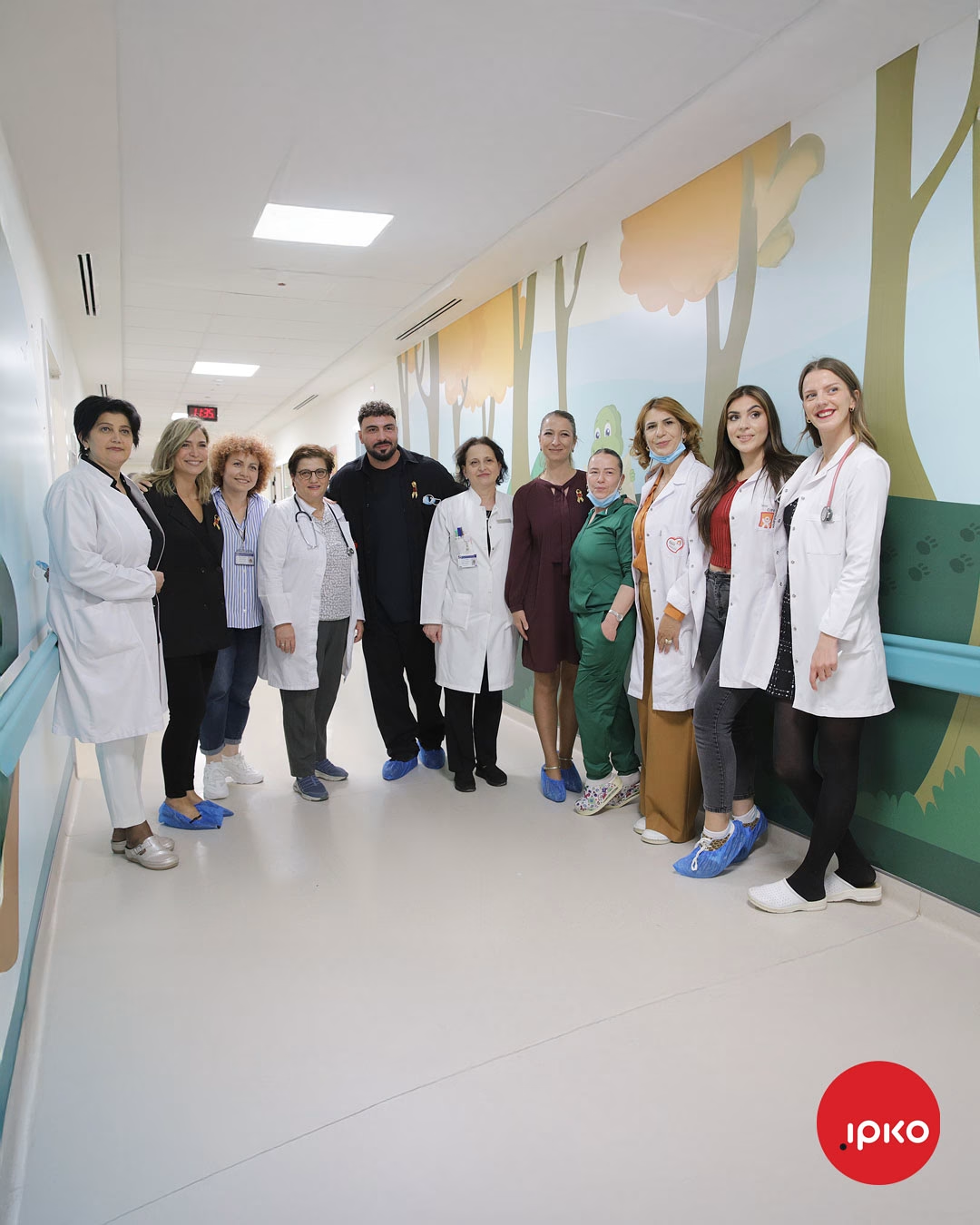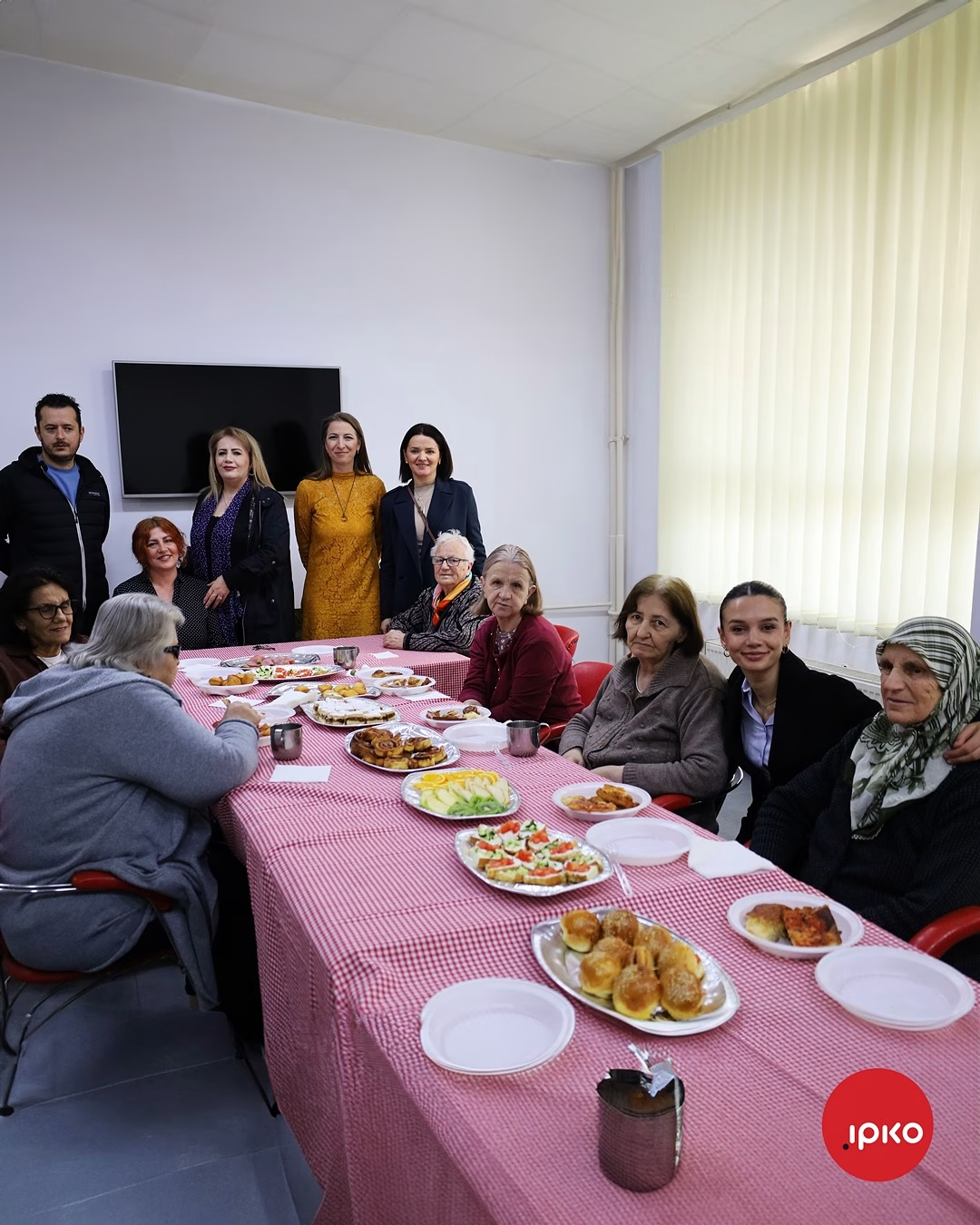What were the telecommunications trends in Kosovo in 2014?
Being part of the global phenomenon, namely the industry which has seen the fastest possible growth ever, means constantly changing. Similarly, the kosovar market is also changing and adapting to new trends in telecommunications and the mobile industry in general.But of course the kosovar market has its own characteristics, and is unique and different in many components. For example, in terms of revenues, the kosovar market has been declining in the last few years, and the same trend has continued in 2014. The main factor in this decline is the revenues from mobile telephony, which is most challenged by global competition, namely mobile applications for free communication, such as Skype, Viber, Amberhatsapp and many other related services. In the mobile market, the number of users, but with this the penetration rate has been increasing until 2013, while in 2014 there was a stagnation, if not a small decrease.Meanwhile, the overview of the fixed services market (internet and digital cable television) is much different. As users grow, revenue from broadband services has increased by about 10 percent. At the end of 2013 and 2014, we recorded an increase in the number of users by about 20 percent, which we believe is a result of market consolidation. In the fixed part, namely fixed telephony services, as can be observed, have a low penetration, and decreasing.
How different is the telecommunications market compared to the countries of the region?
The Kosovo market is much different compared to other countries. In Kosovo, the former monopoly operator has not achieved a high degree of penetration in fixed telephony, while in the country we have two main cable television operators – IPKO and Kujtesa, who are currently the main drivers of the development of the fixed services market.PTK has almost monopoly status in fixed telephony, while in combination with internet services, this operator is also competing with us. Fixed infrastructure, at least from IPKO’s perspective, is very good and supports high internet speeds. The services offered in Kosovo are very competitive.In the mobile segment we have two legal operators: IPKO and Vala, and in this market, we have many challenges. This is because we still have illegal operators operating not only in the northern part of the country, but also in some central areas of Kosovo. Kosovo is still without a state code, which causes us many problems in international communications. Kosovo is long overdue with the implementation of 3G services, and while we have been waiting for 3G services, we have had to make additional investments in 2G technology, which could easily be made in the 3G generation.Operators of neighboring countries received licenses for 4G, while we, Kosovo operators only received approval at the end of 2013 for the provision of frequencies purchased in 2007 for 3G and 4G services, and not only for GSM services. Therefore, it is very difficult for operators to follow the general developments of the market, if it always has to wait 10 years for the implementation of new technologies, as has happened so far.This time, for the first time, it was different with 4G services, as we had the opportunity to start with the provision of 4G services, although the frequency band capacities that have been provided so far by ARKEP, and in which we operate with 3G and 4G are far from being enough to meet the demand of our users. We need additional frequencies – and since 2013 we have been told that additional frequencies will be given to us as existing mobile operators, to meet the demands.Compared to other countries, Kosovo has less penetration, perhaps as a result of delays in the implementation of new technologies. However, the population of Kosovo is young and users are very interested in using new technologies. The development of communication and information infrastructure is very important for the country, because it is the basis of the overall development of a country, in all segments; both in the individual and the businesses, and in all sectors from different industries, be it in the public sector, that of Education etj.Ne we hope that the new government will understand this importance, and speed up the due process to support faster development of the telecommunications sector.When we talk about the electronic communications market, in some segments it is less competitive than in some other countries, but at the same time it is perhaps even more demanding, because the entire kosovar market is almost prepaid, and people don’t want to commit to long-term contract packages, so we have to bring people into our stores every month to buy monthly stuff.[vc_roanair] [vc_column] [vc_single_image image=”13772″ img_size=”full” alignment=”center”] [/vc_column] [/vc_roanair]
With all these factors affecting, how difficult is it for IPKO to operate in the Kosovo telecommunications market?
Kosovo is a developing country, and this means that the country’s legal infrastructure is also under development, example; judicial system, various policies and procedures, especially in institutions publike.Ne we are challenged by the lack of sustainable legislation that is often translated by other countries, and many times it happens that sub-legislation is absent. The efficiency of institutions, from courts to public institutions, must be greatly improved. Processes in some of the institutions are often unclear and insufficiently transparent. Sometimes it happens to us that we do not enter into some business opportunities, because we do not feel sure that the processes are transparent and fairly managed.In the market we still have many businesses that operate illegally, that do not pay taxes or VAT, and among them we have local operators of fixed services.In addition to these issues, in our business also know-hoflix (practical knowledge, expertise and specific skills) is a challenging factor, because sometimes we have difficulty finding the right people for certain specific positions in the company, especially managerial ones. Education continues to be a major challenge for Kosovo, as it happens that newly graduated from the University lack basic skills.I listed some of the problems that we face, however I want to say that most of these problems are also in the region, so in the kosovar market it is difficult to operate, but you have to find your own way to be successful.
What is the percentage of your market share, with all the services you offer?
In the last two years, our share in the mobile phone market IPKO has increased significantly in terms of the number of users, or from 25 percent to 36.4 percent, as ARKEP reported for the third quarter of 2014. While in recent years, in broadband services, our share is more or less stable and accounts for about 50 percent of the market, as ARKEP reports. Similarly, in digital cable television we have about 50 percent of the market, while in fixed telephony we currently have about 2.5 percent of the market.5. How does IPKO become the only operator that is constantly growing in the mobile phone market?Over the past two years, IPKO has indeed gone from 25 percent of the mobile phone market to more than 36 percent. And for this increase, we can’t say that there were only one or two factors that influenced it, because the circumstances were much more complex. Over the past four years, we have continuously improved our services and have positioned ourselves as the best and most innovative teknologjisë.Ne we aim to improve our brand image in all segments, to strengthen our value for different segments of our customers. Our biggest goal is to provide our users with the best experience, not only in terms of services and price, but also in terms of the treatment we give them through different channels, whether from the customer care center, whether from our stores, or through our partners – this is what counts most for ne.Ne we are developing IPKO to stand out for the quality of services and customer experience, but at the same time offering value for the money our users spend with us. We see how different segments of our customers require different services, and different approach to the market, both sales and marketing – which is why we are increasingly turning to different segments of the market, offering something special for each of them. And finally, the fact that we were the first to launch the 3G network on the market has helped us improve our services, and get new users.[vc_roanair] [vc_column] [vc_single_image image=”13775″ img_size=”full” alignment=”center”] [/vc_column] [/vc_roanair]
Will your growth in mobile phone jeopardize the launch of the 3G network from the competition?
Based on the public promises they have made, we expected that their 3G launch would happen even earlier, but this is not something we have dealt with much. In the market, competition brings development and innovation. Changes in market situations require new approaches, and greater market share always brings greater challenges. When I took the position of executive director in 2011, our objectives were very challenging.
